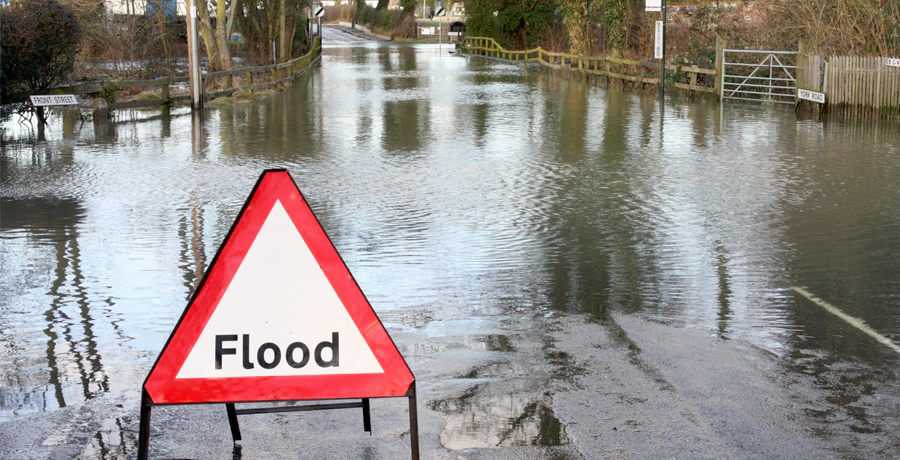Flood Preparation
Floods can happen whenever it rains, even in places where there has never been flooding before. Due to the quickly increasing water along a stream or low-lying terrain, flash floods occur immediately. Be prepared by finding out if flood insurance coverage is required for your location because standard homeowners insurance does not cover damage brought on by floods.
When anticipating the likelihood of floods, weather forecasters frequently use the following terminology:
Flood/Flash Flood Watch indicates that there is a chance of flooding or flash flooding in your area.
Flash Flood/Flood When you receive a warning, flooding or flash flooding has already happened or is about to happen in your region.
Make your property ready by:
removing debris from gutters, downspouts, and drains.
Furniture, appliances, and rugs should be moved to higher ground inside the house where floodwater is less likely to inundate them.
Prepare a catastrophe emergency bag containing any necessary prescriptions, critical paperwork, insurance information, and family contact information in case you have to leave your house or place of business for an extended period of time.
In order to swiftly remove water from lower levels, check sump pumps and drains to make sure they are functioning properly.
If you reside in a flood-prone area, take into account the following factors depending on how much notice you have:
Lift electrical parts above the anticipated flood levels.
To stop sewage from backing up, install a backflow valve inside or outside.
By altering the gradient of your yard, you can divert floodwater away from your house.
Install common basement appliances like water heaters and furnaces on raised platforms.
After flood, what should You do ?
Move all electronic and electrical equipment to a dry location after a flood.
As much water that is still standing and water-damaged things as you can safely remove.
Use fans and dehumidifiers to help the house dry out.
See also: Comparing Home Insurance



